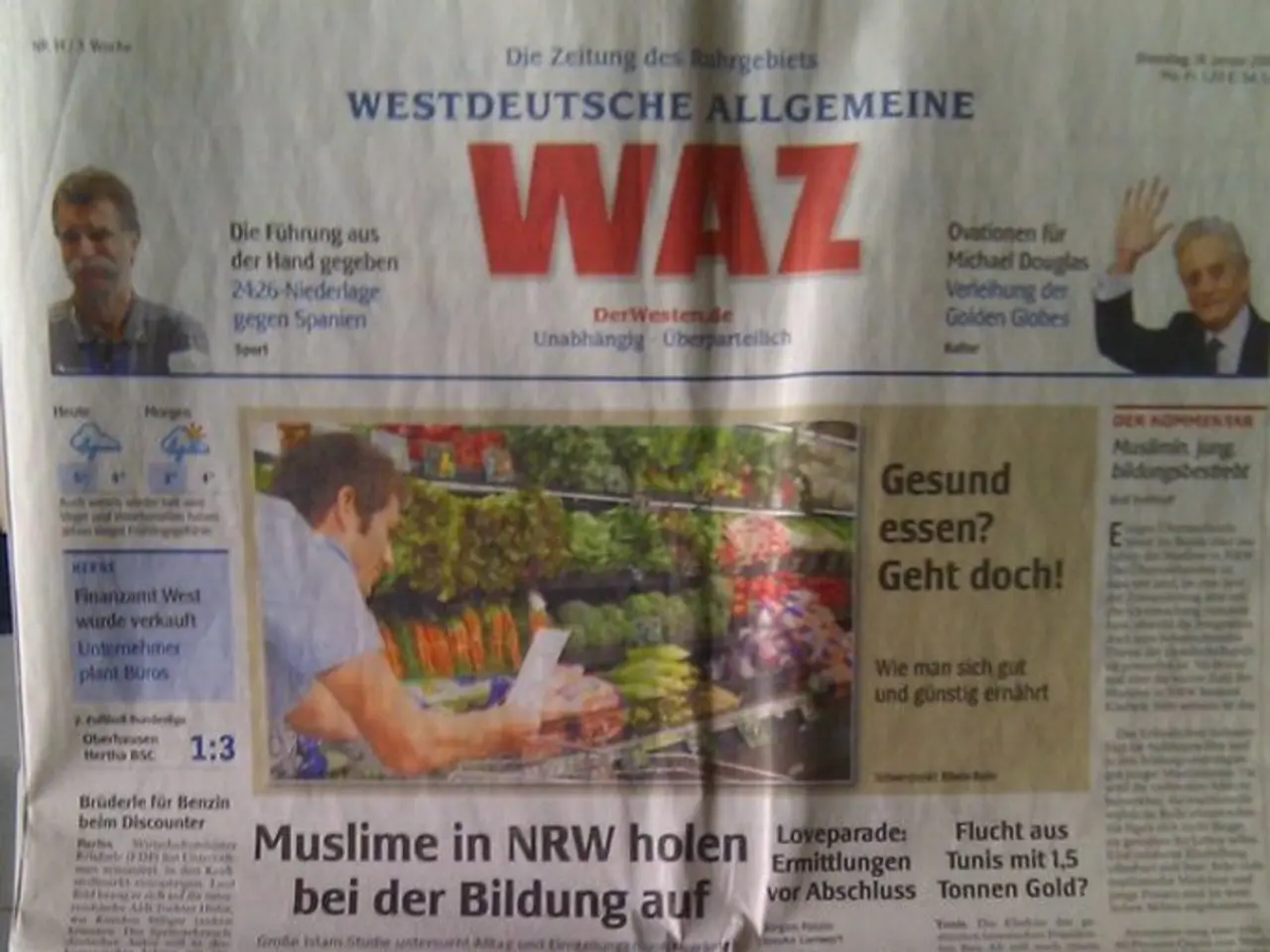Diplomatic resolution proposed by Pakistan at the United Nations regarding the Iran nuclear dispute, with sanctions impending.
Iran is grappling with a challenging period, reeling from a 12-day war with Israel and a decades-long financial crisis. Amidst this turmoil, a UN Security Council (UNSC) resolution aimed at preventing the reimposition of economic sanctions on Iran was recently tabled, but failed to pass.
The resolution, initiated by South Korea and other E3 countries (Germany, France, and the UK), was met with opposition from several members. The French Ambassador, Jerome Bonnafont, cited Iran's escalating nuclear program and reduced cooperation with the International Atomic Energy Agency (IAEA) as reasons for the necessity of the resolution. He asserted that the snapback mechanism was essential to preserve international peace and security, and the integrity of the global non-proliferation regime.
However, the Russian Ambassador, Vassily Nebenzia, rejected the European claim to trigger the snapback mechanism. He argued that the three had failed to follow the dispute settlement mechanism and instead imposed unilateral sanctions against Iran, which he described as 'illegal'. Nebenzia also stated that there were no legal, political, or procedural reasons to allow the snapback mechanism or to vote on the draft resolution.
Nine members voted against the resolution, while two countries abstained. Four countries (Pakistan, Russia, China, and Algeria) backed the resolution, but did not secure the nine votes required for adoption.
Pakistan's Permanent Representative to the UN, Ambassador Asim Iftikhar Ahmad, stated that diplomacy and intimidation do not go together. He emphasized the need to continue diplomatic engagement with Iran to address any outstanding issues in a 'cooperative manner, in accordance with the rights, obligations, and responsibilities of the parties.'
The UK Ambassador, Barbara Woodward, countered the rejection of the snapback mechanism, stating that it was 'entirely legal, justified, wide, and consistent with the requirements of resolution 2231.' She cited the August 28 notification submitted by France, Germany, and the UK as the basis for triggering snapback.
Iran's Foreign Ministry emphasized its commitment to safeguarding its interests and rights, including through diplomacy. The Pakistani envoy's stance aligns with this, underscoring the importance of diplomacy in resolving international disputes.
The Permanent Representative of China to the United Nations, Ambassador FU Cong, warned that a rushed vote could 'exacerbate State confrontation' and complicate efforts to resolve the issue diplomatically. His concerns highlight the need for careful consideration and dialogue in the face of such complex geopolitical issues.
As the sanctions on Iran are expected to 'snap back' into effect on September 27, the international community continues to grapple with finding a diplomatic solution to this contentious issue.
Read also:
- United States tariffs pose a threat to India, necessitating the recruitment of adept negotiators or strategists, similar to those who had influenced Trump's decisions.
- Weekly happenings in the German Federal Parliament (Bundestag)
- Southwest region's most popular posts, accompanied by an inquiry:
- Discussion between Putin and Trump in Alaska could potentially overshadow Ukraine's concerns







